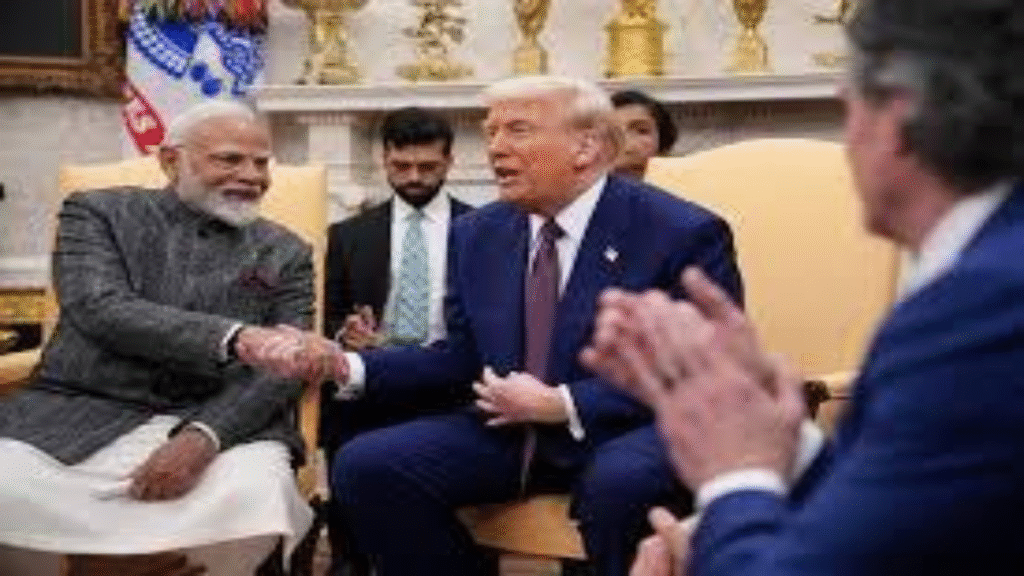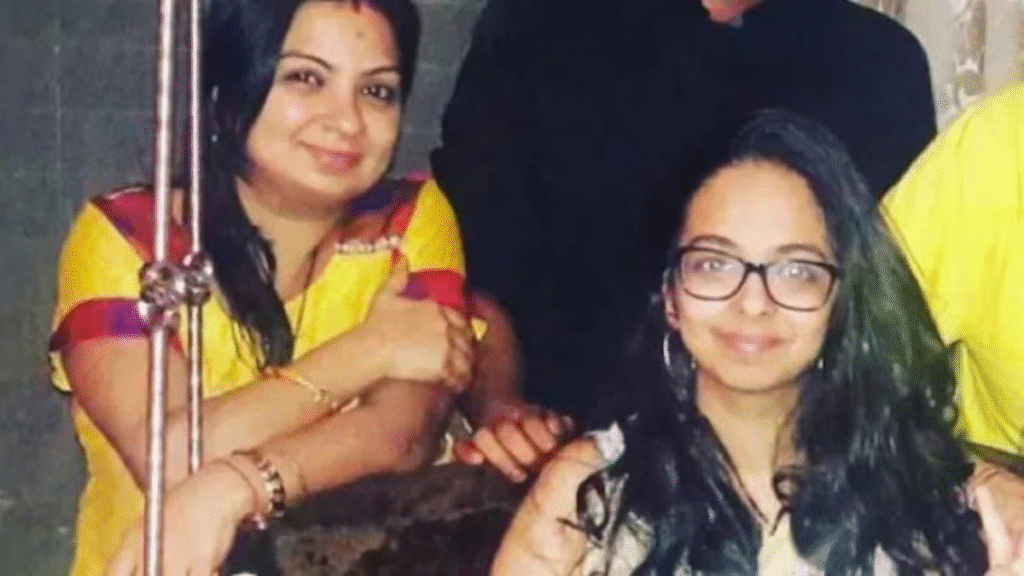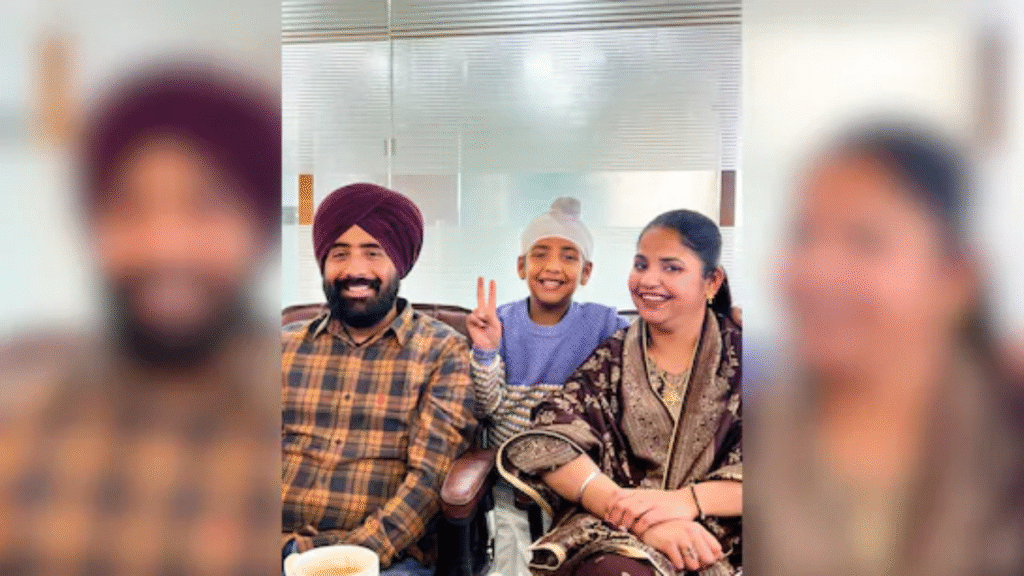Now Reading: CBI Uncovers Widespread Corruption in Medical College Regulation; 34 Individuals, Including Govt Officials, Named in FIR
-
01
CBI Uncovers Widespread Corruption in Medical College Regulation; 34 Individuals, Including Govt Officials, Named in FIR
CBI Uncovers Widespread Corruption in Medical College Regulation; 34 Individuals, Including Govt Officials, Named in FIR

In a significant crackdown on corruption undermining India’s medical education system, the Central Bureau of Investigation (CBI) has registered a First Information Report (FIR) against 34 individuals, including government officials, medical professionals, and representatives of private medical colleges. The FIR details an elaborate network involved in the alleged manipulation of regulatory frameworks, bribery, and fraudulent practices to secure approvals and favorable inspection reports for medical institutions.
The sweeping investigation by the CBI has brought to light a sophisticated scheme rooted within the Union Health Ministry and the National Medical Commission (NMC). According to sources, eight officials from the Health Ministry, one from the National Health Authority, and five doctors who were part of NMC inspection teams are among those named. Prominent figures from the academic and medical fields, including D.P. Singh, Chairman of the Tata Institute of Social Sciences (and former UGC Chairman), Gitanjali University Registrar Mayur Raval, Rawatpura Institute of Medical Sciences and Research Chairman Ravi Shankar ji Maharaj, and Index Medical College Chairman Suresh Singh Bhadoria, have also been implicated.
The alleged modus operandi involved the unauthorized access, duplication, and dissemination of highly confidential files and sensitive information pertaining to medical college inspections and regulatory processes. Health Ministry officials are accused of clicking photographs of internal notes and comments made by senior officers and passing this critical information to a network of intermediaries and medical college representatives. This prior disclosure of inspection schedules and the identities of designated assessors allowed private medical colleges to orchestrate elaborate deceptions.
These fraudulent arrangements reportedly included:
- Bribing of Assessors: Substantial sums, in some cases running into lakhs of rupees, were allegedly exchanged to secure favorable inspection reports. Some of these funds were reportedly routed through hawala channels and even used for purposes like the construction of a temple.
- Deployment of “Ghost Faculty”: Non-existent or proxy faculty members were allegedly presented during inspections to falsely project compliance with faculty requirements. In one instance, cloned artificial fingers were reportedly used to manipulate biometric attendance systems for doctors.
- Admission of Fictitious Patients: Fake patients were allegedly brought in to artificially inflate patient numbers and show compliance with hospital bed occupancy norms during inspections.
The FIR highlights a case involving the Naya Raipur-based Rawatpura Institute of Medical Sciences and Research, where three doctors from the NMC inspection team were allegedly caught accepting a bribe of Rs 55 lakh for a favorable report. It is further alleged that the institute’s director sought advance information about the inspection, connecting with individuals who could unlawfully provide it.
The CBI’s probe has revealed a multi-state nexus, with investigations spanning Karnataka, Rajasthan, Chhattisgarh, Uttar Pradesh, Delhi, and Madhya Pradesh. The agency has already made several arrests in connection with the case, including the aforementioned three doctors.
This widespread corruption has serious implications for the quality of medical education in India, potentially compromising the standards of healthcare and the integrity of medical professionals. The CBI’s ongoing investigation aims to dismantle this illicit network and restore transparency and accountability to the regulatory framework governing medical colleges across the country. The public awaits further developments as the agency delves deeper into the scam, which underscores the urgent need for systemic reforms to safeguard the future of medical education in India.










